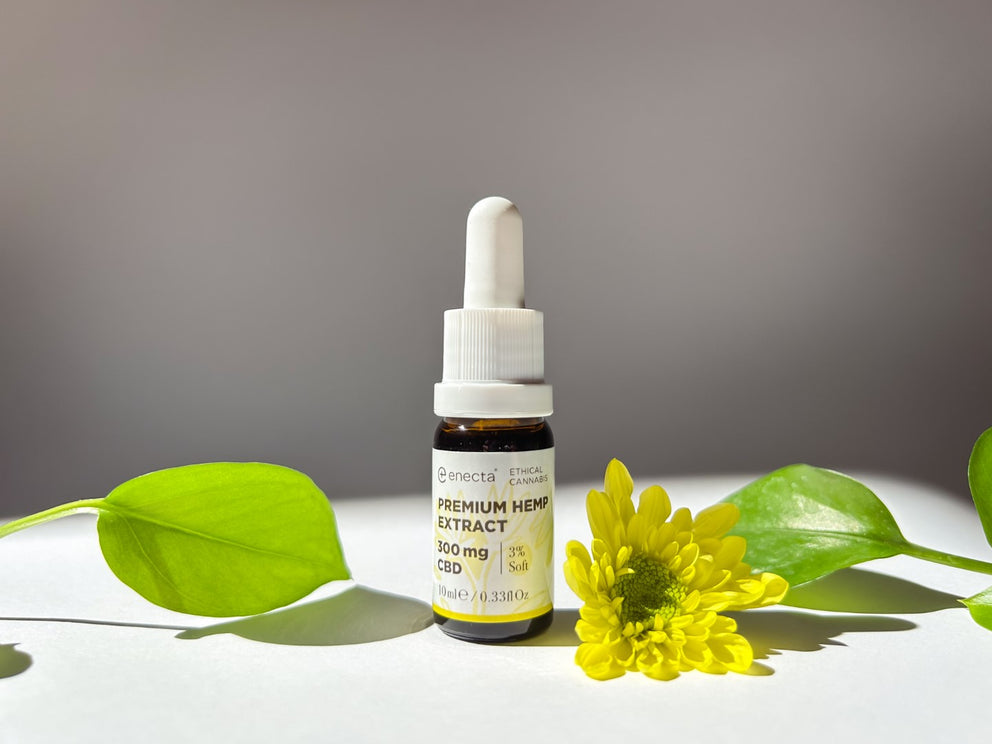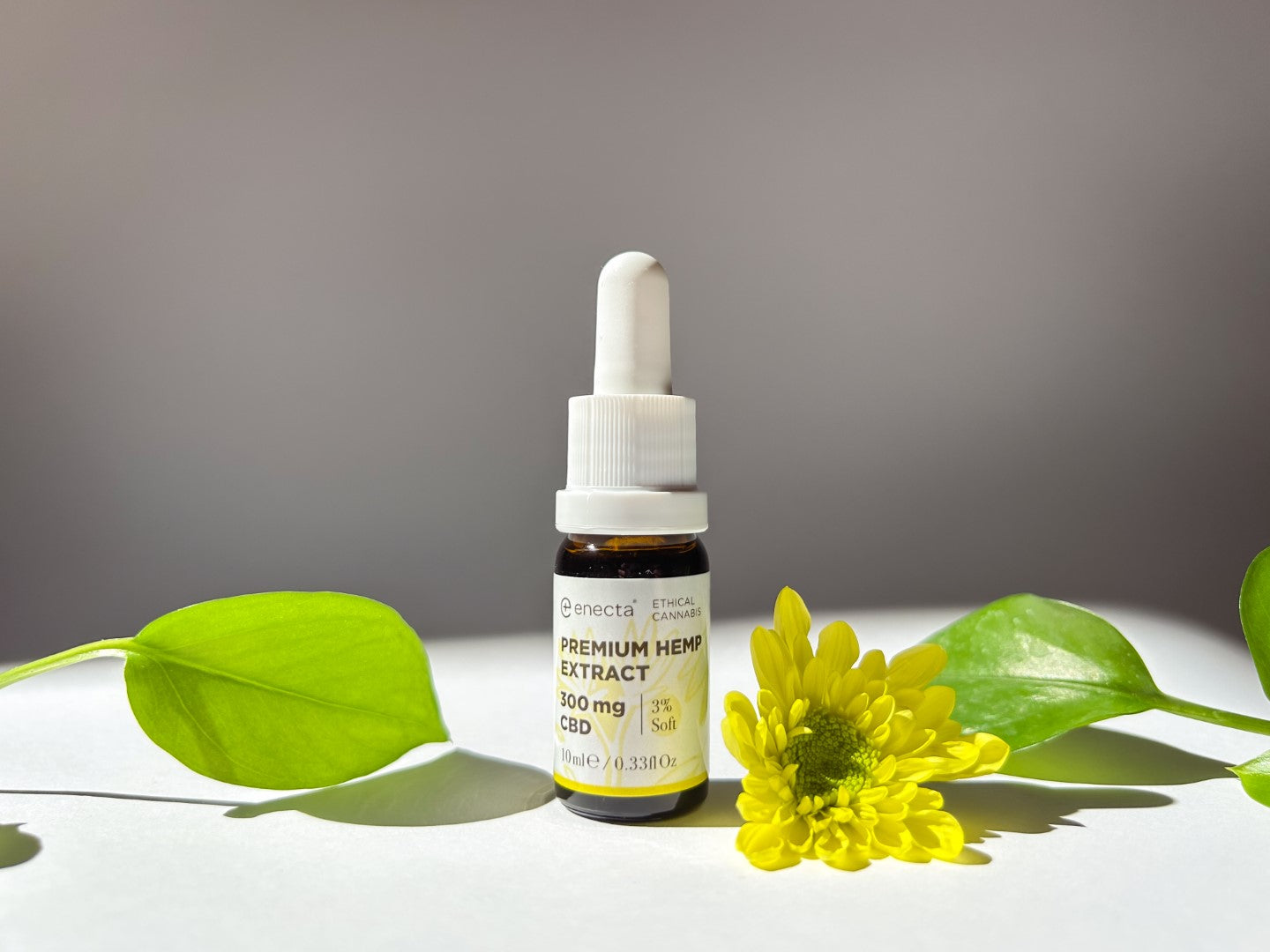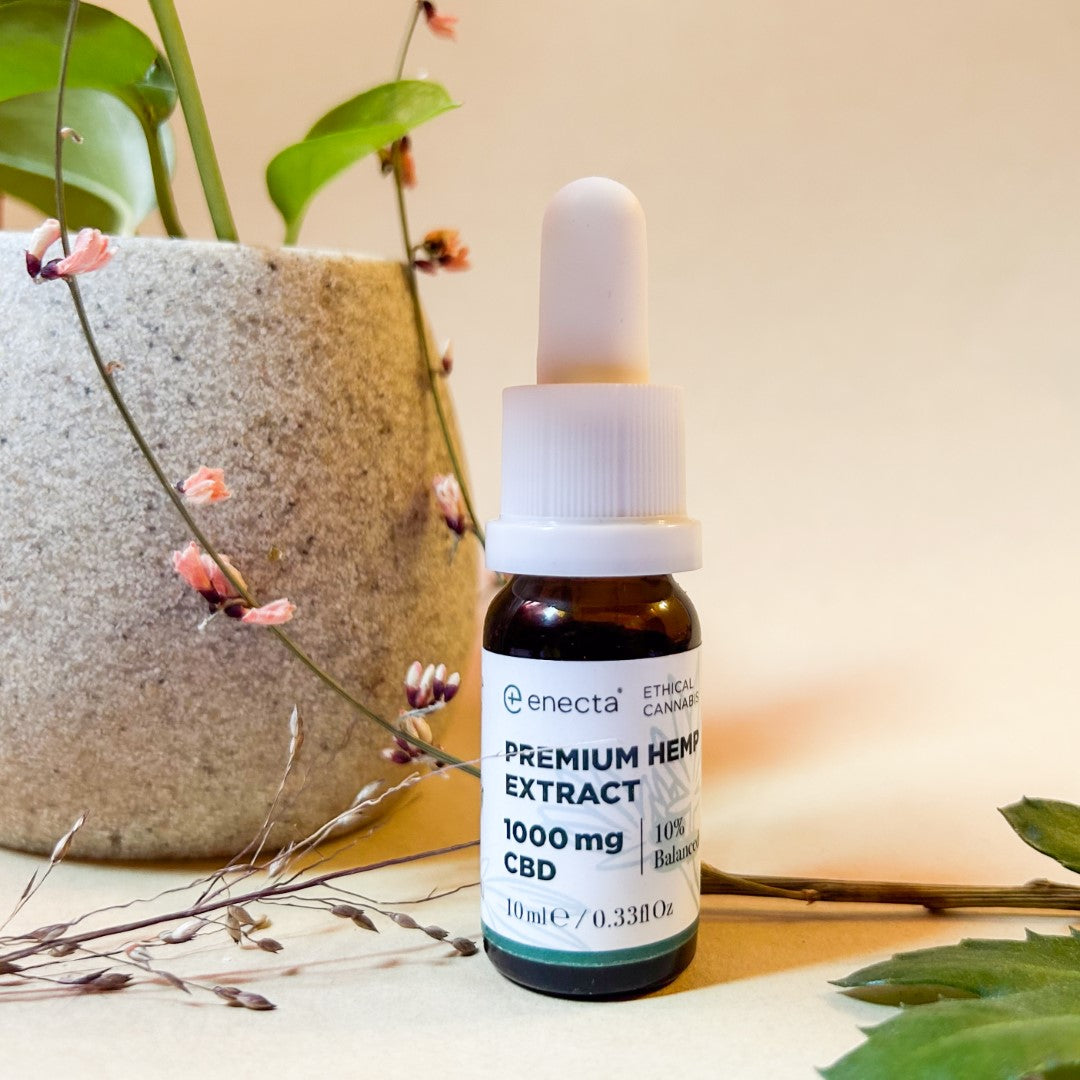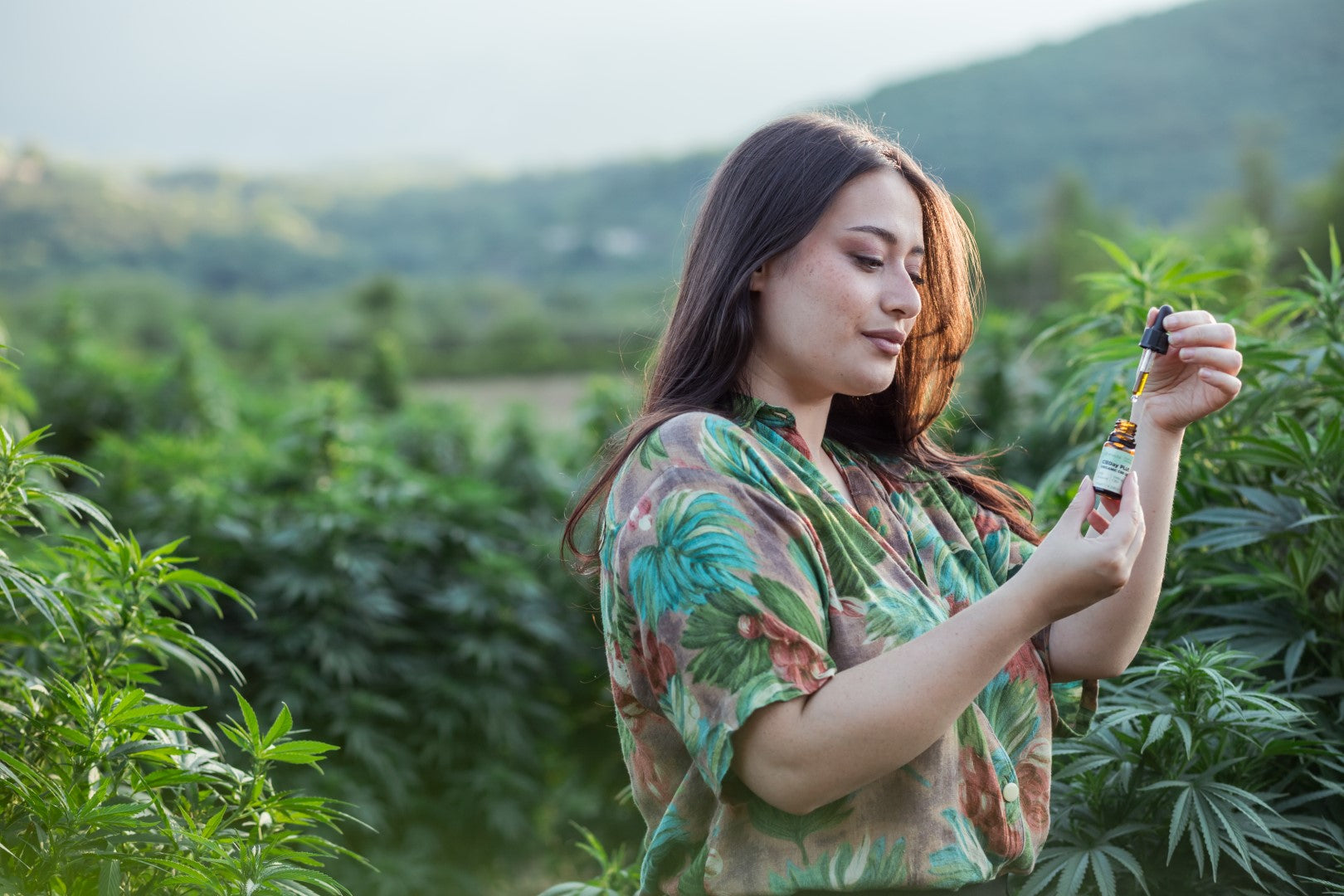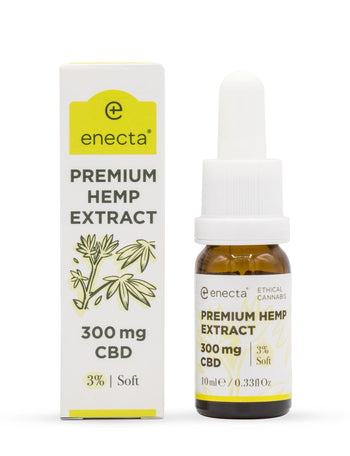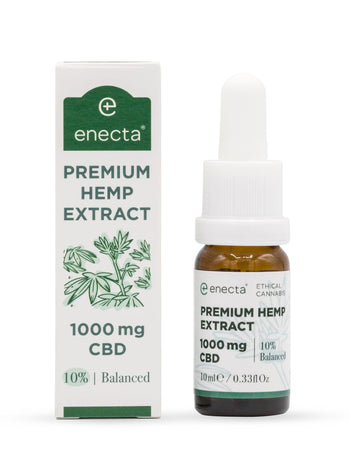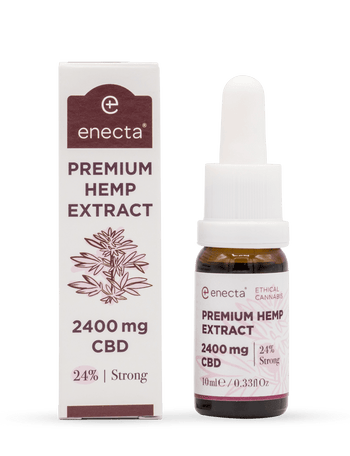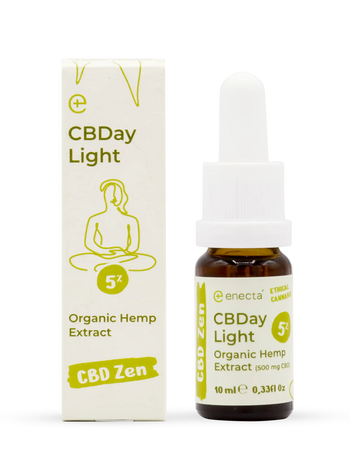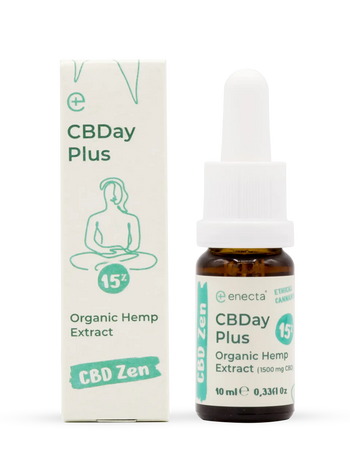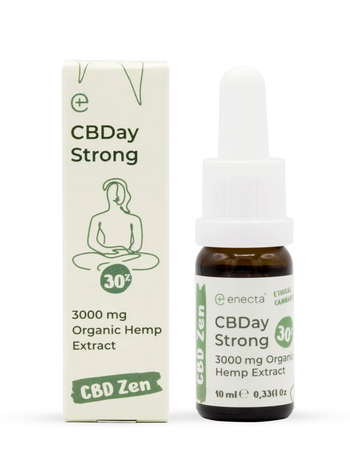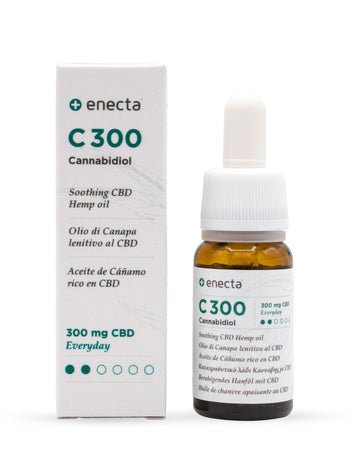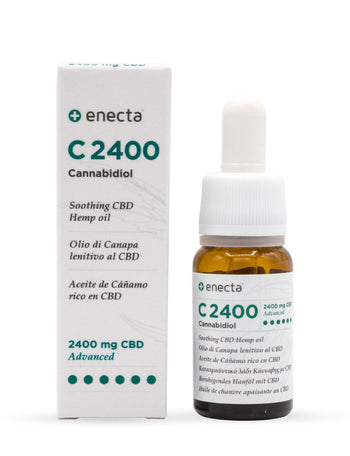World Health Organization. Cannabidiol (CBD) Critical Review Report. Expert Committee on Drug Dependence, 2018.
National Institutes of Health. Cannabidiol (CBD) – What We Know and What We Don't. 2019.
Russo EB. The Case for the Entourage Effect and Conventional Breeding of Clinical Cannabis: No "Strain," No Gain. Frontiers in Plant Science, 2019.
Millar SA, et al. A Systematic Review on the Pharmacokinetics of Cannabidiol in Humans. Frontiers in Pharmacology, 2018.
Iffland K, Grotenhermen F. An Update on Safety and Side Effects of Cannabidiol: A Review of Clinical Data and Relevant Animal Studies. Cannabis and Cannabinoid Research, 2017.
Huestis MA, et al. Cannabidiol Adverse Effects and Toxicity. Current Neuropharmacology, 2019.
Bonn-Miller MO, et al. Labeling Accuracy of Cannabidiol Extracts Sold Online. JAMA, 2017.
Citti C, et al. Analysis of cannabinoids in commercial hemp seed oil and decarboxylation kinetics studies of cannabidiolic acid (CBDA). Journal of Pharmaceutical and Biomedical Analysis, 2018.
Pavlovic R, et al. Quality Traits of "Cannabidiol Oils": Cannabinoids Content, Terpene Fingerprint and Oxidation Stability of European Commercially Available Preparations. Molecules, 2018.
Lachenmeier DW, et al. What is a food and what is a medicinal product in the European Union? Use of the benchmark dose (BMD) methodology to define a threshold for "pharmacological action". Regulatory Toxicology and Pharmacology, 2012.
Corroon J, Phillips JA. A Cross-Sectional Study of Cannabidiol Users. Cannabis and Cannabinoid Research, 2018.
Blessing EM, et al. Cannabidiol as a Potential Treatment for Anxiety Disorders. Neurotherapeutics, 2015.
Shannon S, et al. Cannabidiol in Anxiety and Sleep: A Large Case Series. The Permanente Journal, 2019.
Palmieri B, et al. A therapeutic effect of cbd-enriched ointment in inflammatory skin diseases and cutaneous scars. La Clinica Terapeutica, 2019.
Pisanti S, Bifulco M. Industrial Hemp for Biomass Production and Biomaterials. Industrial Crops and Products, 2020.
